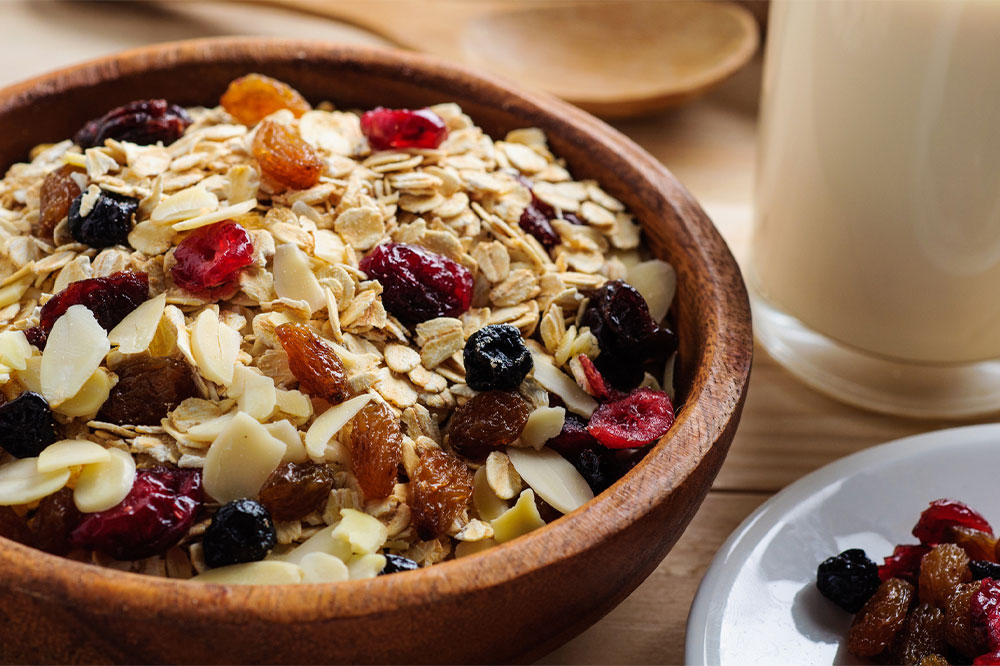Understanding Ulcerative Colitis: Causes, Symptoms, and Management Tips
Ulcerative colitis (UC) is a chronic condition causing colon inflammation, leading to symptoms like abdominal pain, diarrhea, and bleeding. Early detection and tailored treatment, including medication, lifestyle changes, and natural remedies, can effectively manage UC. Recognizing symptoms and understanding causes such as genetics and immune response are crucial. This comprehensive guide provides insights into treatment options, lifestyle tips, and dietary recommendations to improve quality of life for those affected by UC.

Understanding Ulcerative Colitis: Causes, Symptoms, and Management Tips
Ulcerative colitis (UC) is a chronic inflammatory condition impacting the lining of the large intestine and rectum. Annually, approximately 750,000 Americans receive a diagnosis, though many cases remain undetected. Recognizing early signs is vital for prompt treatment. UC involves persistent inflammation of the colon’s lining, leading to symptoms like abdominal pain and irregular bowel movements. While generally manageable, severe cases can cause dehydration, infections, or colon rupture. If you notice symptoms such as frequent diarrhea, rectal pain, or bloody stools, consult a healthcare professional immediately to prevent complications.
Key Symptoms
Abdominal discomfort: Inflammation disrupts digestion, causing pain and cramps.
Urgent need to defecate: Despite bowel movements, the sensation persists.
Loose stools: Inflammation prompts frequent, watery bowel movements.
Rectal pain: Pressure from inflammation may cause discomfort.
Blood in stool: Ulcers can bleed, darkening stool color—an advanced symptom requiring medical attention.
Causes of UC
Genetics: Family history increases risk by up to 30%, and gene testing can help identify predisposition.
Environmental triggers: Bacteria, viruses, or antigens may stimulate the immune response, leading to inflammation.
Overactive immune system: An abnormal immune response, potentially inherited, attacks the colon lining, causing persistent inflammation.
Treatment Strategies
Diagnosis guides the appropriate treatment plan considering age, health, and disease severity. Options include:
Medications
5-ASA drugs: First-line treatment for mild UC to reduce inflammation, including Mesalamine and Sulfasalazine.
Corticosteroids: Used for moderate to severe cases to suppress immune activity temporarily.
Immunomodulators: For severe disease, drugs like cyclosporine help regulate immune responses but require careful monitoring due to side effects.
Biologic Therapies
FDA-approved options like Humira, Remicade, Entyvio, and Simponi target specific inflammation proteins, including TNF-alpha, to control symptoms.
Surgical Intervention
In severe or unresponsive cases, removing the entire colon may be necessary. This option is reserved for when other treatments fail or complications like bleeding occur. About 20% of UC patients might need surgery during their lifetime.
Natural and Lifestyle Remedies
For mild symptoms, natural approaches can support management, often combined with medical treatment after consulting a healthcare provider:
Probiotics: Maintain gut health and prevent infections by ingesting beneficial bacteria through supplements or fermented foods.
Stress reduction: Techniques like hypnosis, yoga, and meditation can lessen inflammation triggers.
Acupuncture: May reduce inflammation and stress, improving overall well-being.
Muscle relaxation: Helps alleviate abdominal cramps caused by muscle tension.
Dietary Tips
Aloe vera & turmeric: Both are anti-inflammatory; always consult your doctor before use.
Omega-3 fatty acids: Consume fatty fish or fish oil supplements for their anti-inflammatory effects.
Butyrate-rich foods: Include foods like butter and certain vegetables to promote gut health.
Refined grains & cooked fruits/vegetables: Choose easily digestible foods to avoid triggering symptoms.
Hydration: Drink plenty of water, broths, or rehydration drinks to maintain fluid balance and reduce inflammation.
Monitoring your diet with a food diary can personalize symptom management. Early diagnosis and proper treatment greatly improve quality of life. Stay active, avoid smoking and excessive alcohol, and work closely with your healthcare provider to manage UC effectively.










